Meet the mad scientists
“Talent wins games, but teamwork and intelligence win championships.”
Michael Jordan
The hands on team
Our team is a mix of thinkers, builders, and doers—people who see the gaps in today’s systems
and are obsessed with creating something better. Meet the humans behind the tools
shaping tomorrow.
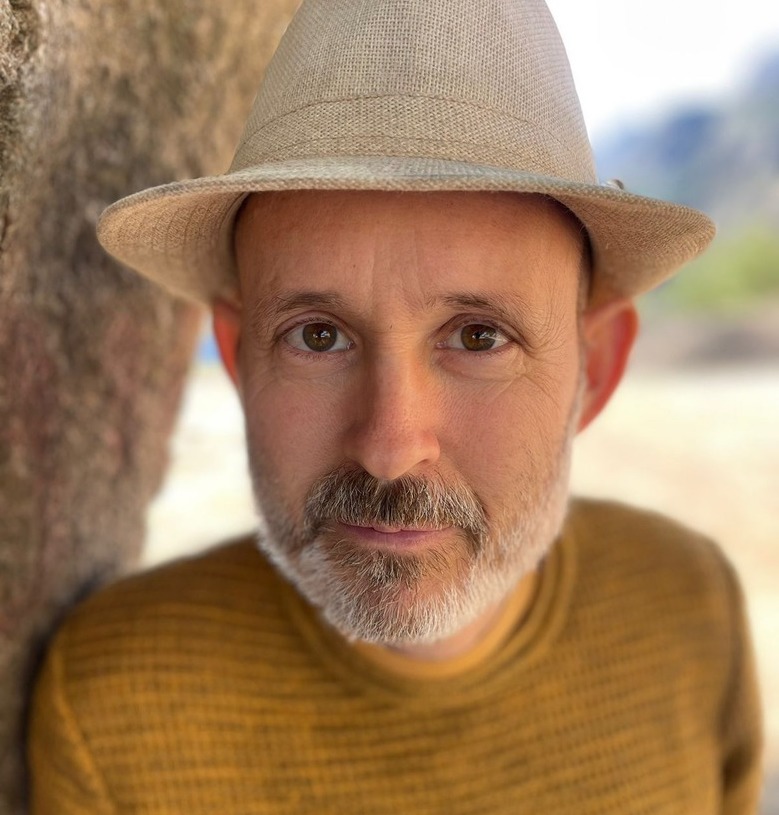
Tim Olsson
Canada

Zanna Katoka
South Africa

Herman Vercuiel
South Africa
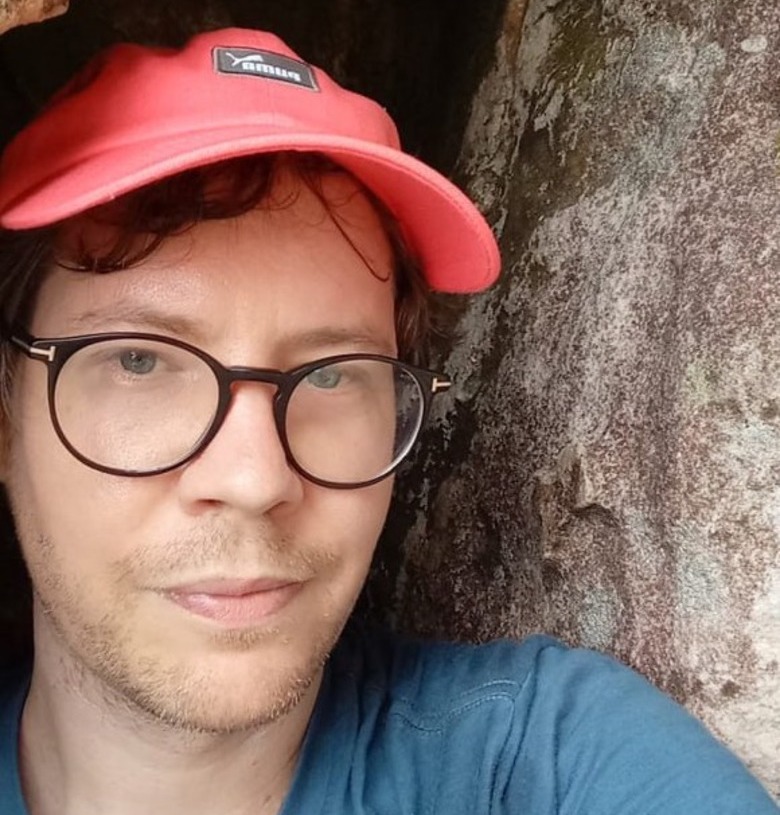
Patrik Opacic
Sweden
Founder & CEO
Tim is a practical philosopher and philanthropist with a background spanning media, healthcare, journalism, and blockchain. His focus? Backing projects that aim to create real, systemic change.Corporate Strategy
Zanna is a seasoned business advisor who knows how to get startups off the ground.
She brings the experience and strategy to help turn big ideas into successful ventures.
Project Management
With a background in tech and hospitality, Herman brings the precision of a developer and the foresight of an entrepreneur. He ensures our platforms deliver exactly what our users need.
Chief Developer
Patrik blends technical expertise with a passion for societal transformation. His coding skills and commitment to systemic change fuel our projects from the ground up.
The hands on team
Our team is a mix of thinkers, builders, and doers—people who see the gaps in today’s systems
and are obsessed with creating something better. Meet the humans behind the tools
shaping tomorrow.

Tim Olsson
Canada
Founder & CEO
Tim is a practical philosopher and philanthropist with a background spanning media, healthcare, journalism, and blockchain. His focus? Backing projects that aim to create real, systemic change.
Zanna Katoka
South Africa
Corporate Strategy
Zanna is a seasoned business advisor who knows how to get startups off the ground.
She brings the experience and strategy to help turn big ideas into successful ventures.

Herman Vercuiel
South Africa
Project Management
With a background in tech and hospitality, Herman brings the precision of a developer and the foresight of an entrepreneur. He ensures our platforms deliver exactly what our users need.

Patrik Opacic
Sweden
Chief Developer
Patrik blends technical expertise with a passion for societal transformation. His coding skills and commitment to systemic change fuel our projects from the ground up.
The Swarm
Our extended crew of contributors & co-creators

Andile Maphosa
South Africa
Accounting & Socials
With a passion for humans and numbers alike, Andile makes sure we stay on top of communication as well as balance our books. Andile is an experienced accountant as well as a social media manager, which makes her ideal for the multiple roles required to keep everything progressing smoothly at the lab.
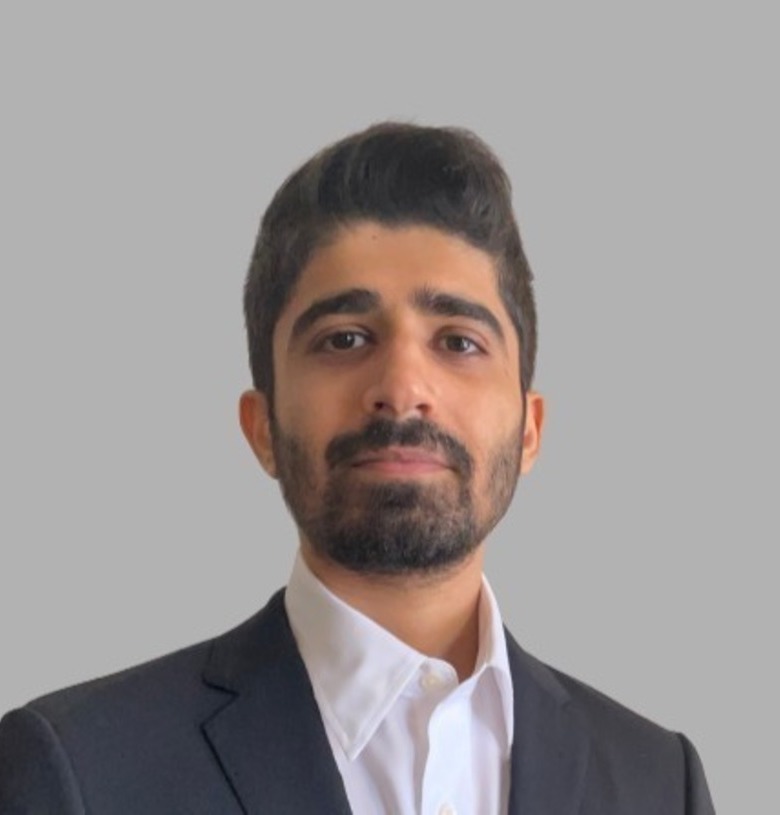
Deven Merani
India
Business Development
Deven can be found on the business end of 8One and has offered the lab support in many areas. A solid business acumen does in no way diminish his passion for creating a better world for all. His prime interest is the Altruistic Wallet, which he perceives as our most transformative offer, as do we, and thus, we get along most splendidly.

Ferial Puren
Scotland
Partnerships
Ferial is a veritable one woman production agency. Her unbridled enthusiasm and near-infinite stamina allow her to power through more projects than we can mention.
She has been part of our extended family for years, filling many crucial roles. She currently heads up Living Cities Earth, one of our closest partners.
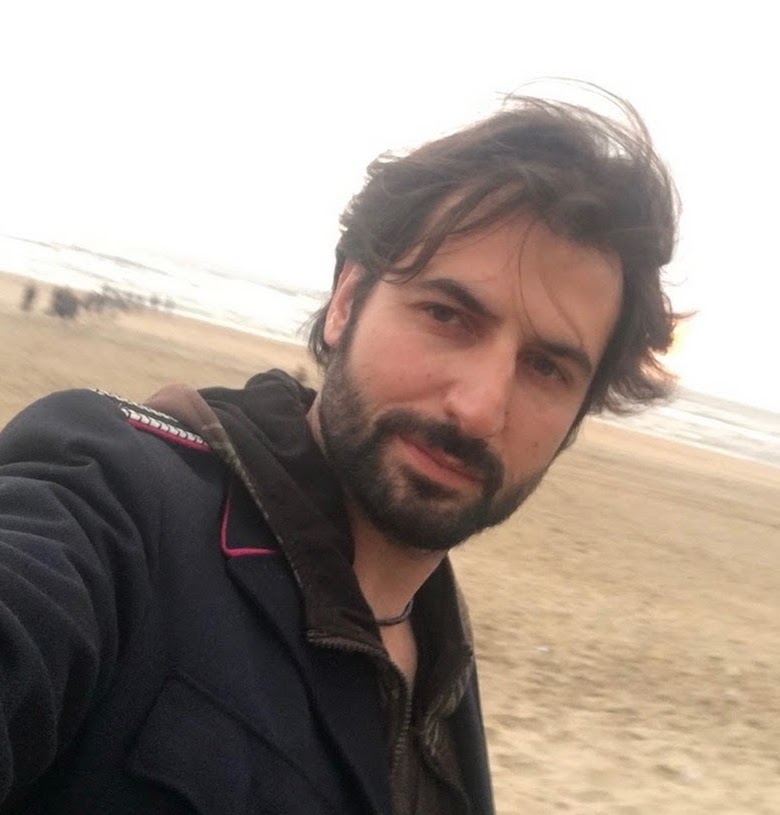
Roberto Valenti
Italy
Development
With a PhD in AI, a passion for open source, a talent for blockchain coding and being a visionary of note, Roberto fits right in with the rest of us congenial misfits at the Lab.
At the moment we are exploring decentralised solutions for Circles together, as well as new economic systems based on sharing.
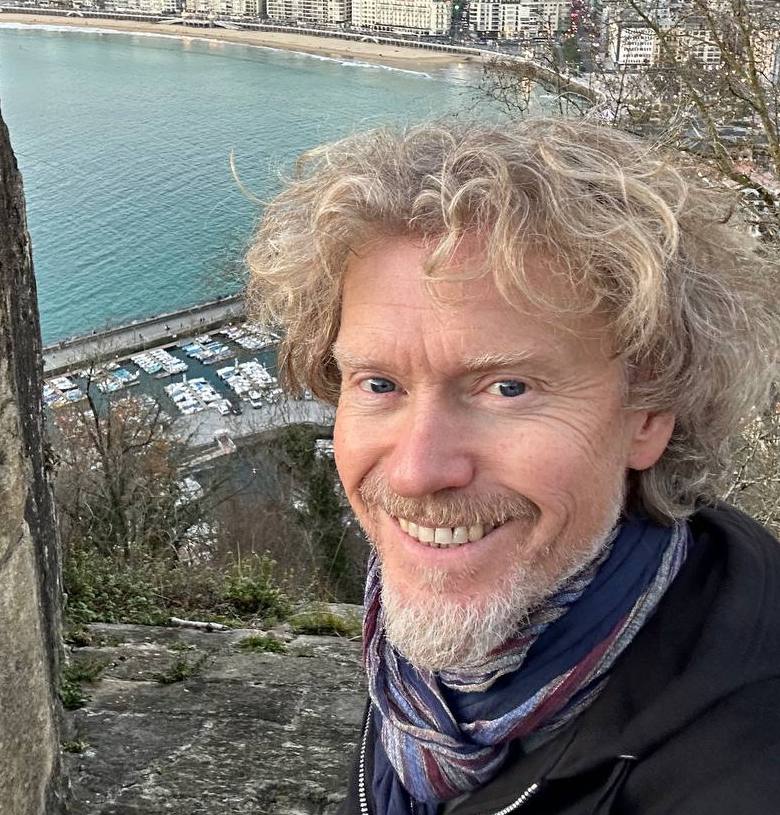
Linus Svensson
Sweden
Project Owner
Linus has been a central part of our work for many years, acting as a “catalyst” to move the often slow and sluggish process of delivering a product forward.
Linus lives and breathes environment with a special focus on climate change. As a traveller by nature that does no longer fly, Linus is the founder of RailNomad, a community on Circles for those who prefer their oil in the ground and feet on the ground. Preferably on rails, in trains.

Daisy-Mae Bray
Britian
Project Owner
Daisy is another member of the team who goes back a while. Her areas and passion is community and growing food, two areas that go very much hand in hand.
Nothing, however, can grow without something to grow out of, and in this case, it’s all about the soil. Daisy is the founder of SoilMates, a network that supports composting, worm farming and community gardening. Needless to say, we are doing our outmost to offer a virtual home for SoilMates on Circles.
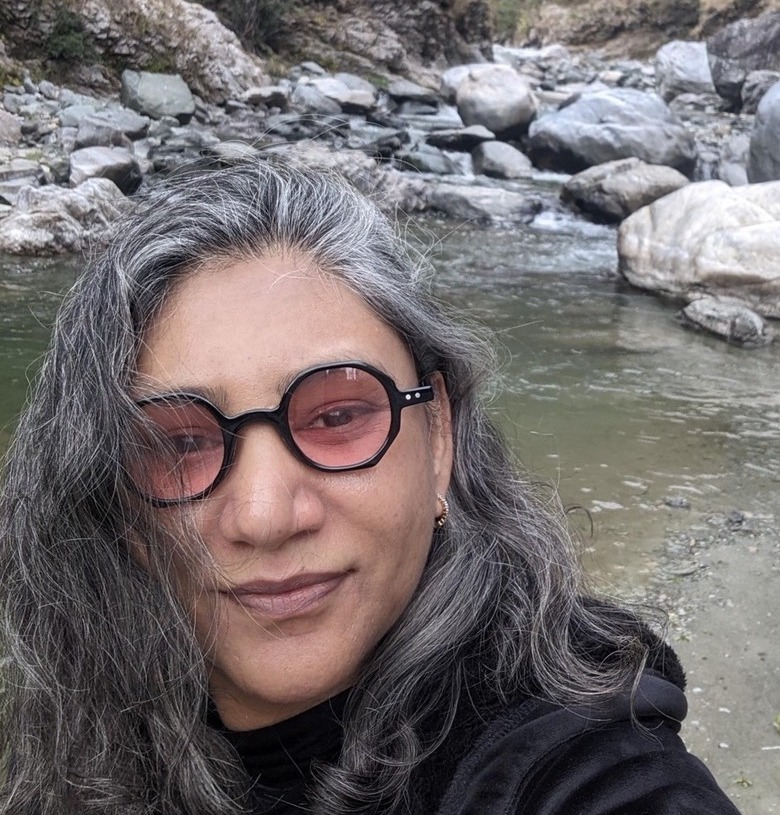
Arti Ahluwalia
India
Partnerships
Arti is one of those super hero humans that never wears spandex (at least not to the best of our knowledge). She heads up more projects and has more roles than are humanly possible,
Arti works tirelessly with everyone and everything, from mental health in youths through her BE WELL organisation to representing the Commons Cluster at the United Nations, and all of this on top of her day job. We are immensely grateful to have Arti’s wisdom and presence shaping the output of our lab.
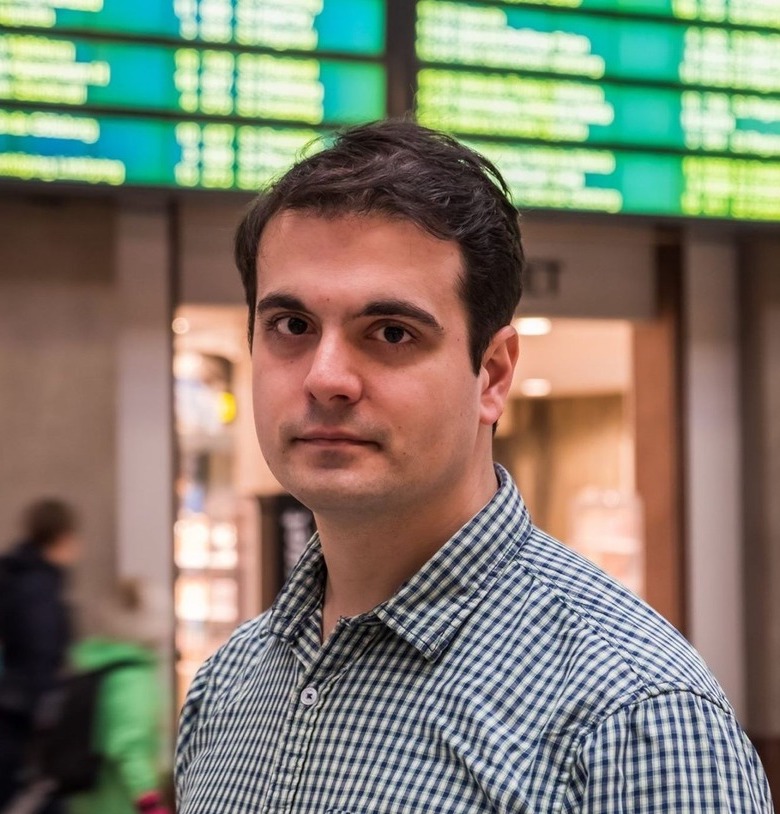
Vladan Lausevic
Sweden
Sales & Communication
Having escaped the war in Bosnia as a child with his parents, and being to no small extent influenced by the experience, Vlad is one of the most driven democracy and civil rights activists you are likely to come across.
Democratic, open nations are, by and large, far less likely to deteriorate into civil war but at the same time, most of the world’s democracies are in dire need of an upgrade. This is what pulled Vlad to us an us to him. And you don’t second-guess gravity!
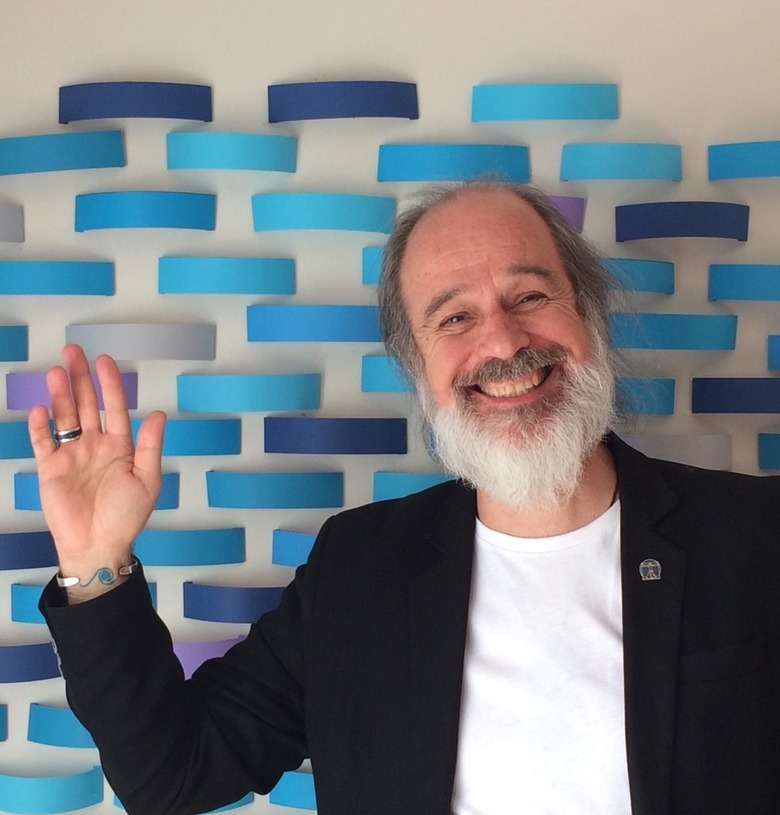
Alexander Laszlo
Argentina
Board Member
Alex&er is probably our staunchest supporter and the reason for us getting this far. He has worked tirelessly to nurture and improve the vision, mission and products of the lab offering constant and crucial guidance to this day.
Alex&er is far too multifaceted to capture in a brief blurb such as this, but to allude to but one of his many talents, Alex&er; certainly puts the fun in fundation.
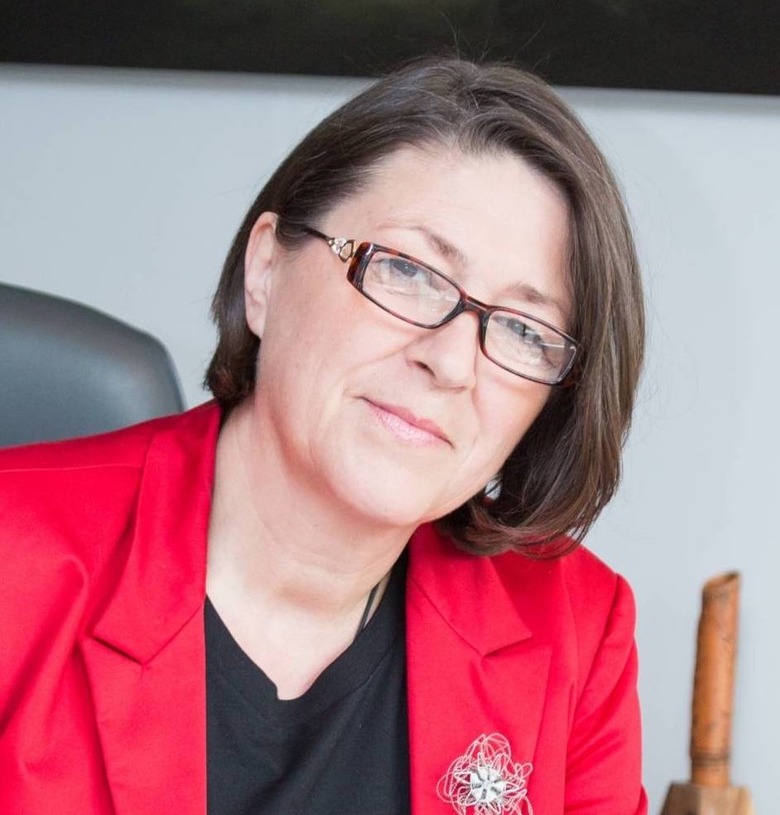
Violeta Bulc
Slovenia
Board Member
Violeta joined us a mere two years ago but has has a seizable impact on the work we do. Arguably the board’s international heavyweight, after leaving her post as Vice Premiere of Slovenia to serve as Transport Commissioner for the EU, Violeta did not pause. Instead she moved on to found the Ecocivilisation network, a guiding beacon for the Lab.
Ecocivilisation is our destination, and Violeta stays our course!
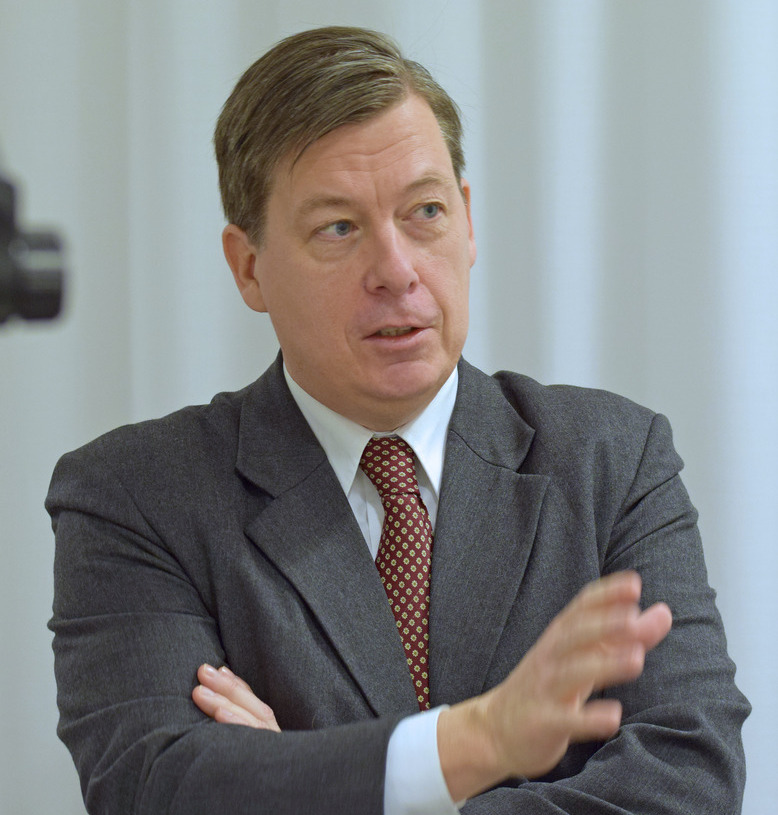
Robert Sevenius
Sweden
Board Member
Robert is on a voyage through legal & financial space with the mission to boldly go where no legal economist has gone before. He also wrote the book on Due Diligence, literally, which makes him ideal for his role as premier purveyor of purse strings.
Rob’s job is to make sure that the Lab’s creative dreamers remain fiscally responsible. A task he pulls off on the board of the Social Systems Foundation with flying colours.
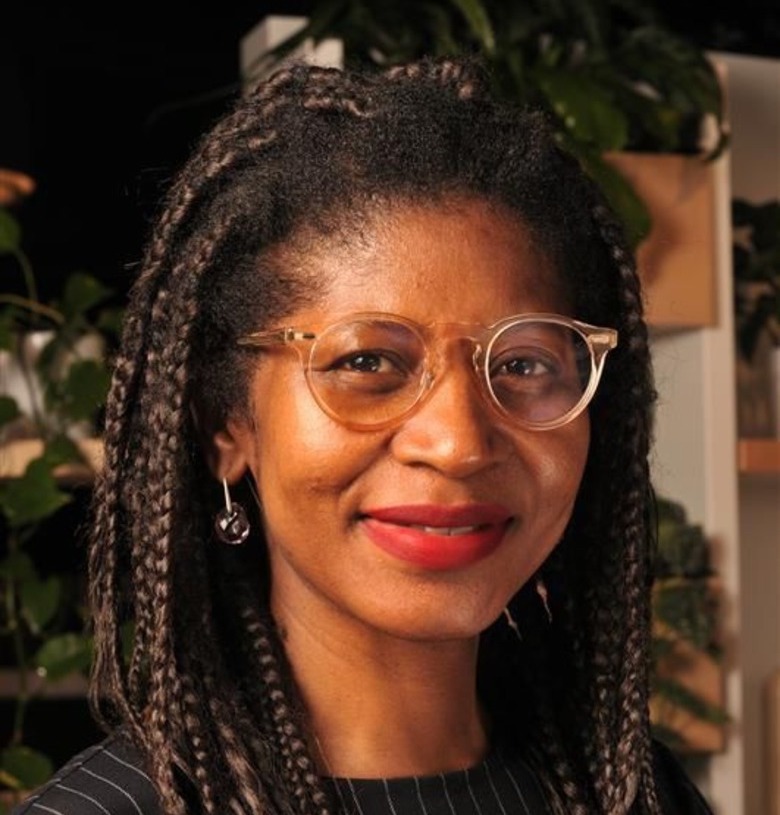
'Mathapelo Mzizi
Sweden
Board Member
The latests but by no means the leastest member of the Social Systems Foundation board of directors, Mathapelo brings a dearth of experience to the table.
Used to hobnobbing with Nobel Laureates, and Heads of State in her day job, she brings a new level of seniority to the Foundation’s partnerships. And, of course, our shared mission of changing the world.
The Swarm
Our extended crew of contributors & co-creators

Andile Maphosa
South Africa

Deven Merani
India

Ferial Puren
Scotland

Roberto Valenti
Italy
Accounting & Socials
With a passion for humans and numbers alike, Andile makes sure we stay on top of communication as well as balance our books. Andile is an experienced accountant as well as a social media manager, which makes her ideal for the multiple roles required to keep everything progressing smoothly at the lab.
Business Development
Deven can be found on the business end of 8One and has offered the lab support in many areas. A solid business acumen does in no way diminish his passion for creating a better world for all. His prime interest is the Altruistic Wallet, which he perceives as our most transformative offer, as do we, and thus, we get along most splendidly.
Partnerships
Ferial is a veritable one woman production agency. Her unbridled enthusiasm and near-infinite stamina allow her to power through more projects than we can mention.
She has been part of our extended family for years, filling many crucial roles. She currently heads up Living Cities Earth, one of our closest partners.
Development
With a PhD in AI, a passion for open source, a talent for blockchain coding and being a visionary of note, Roberto fits right in with the rest of us congenial misfits at the Lab.
At the moment we are exploring decentralised solutions for Circles together, as well as new economic systems based on sharing.

Linus Svensson
Sweden

Daisy-Mae Bray
Britian

Arti Ahluwalia
India

Vladan Lausevic
Sweden
Project Owner
Linus has been a central part of our work for many years, acting as a “catalyst” to move the often slow and sluggish process of delivering a product forward.
Linus lives and breathes environment with a special focus on climate change. As a traveller by nature that does no longer fly, Linus is the founder of RailNomad, a community on Circles for those who prefer their oil in the ground and feet on the ground. Preferably on rails, in trains.
Project Owner
Daisy is another member of the team who goes back a while. Her areas and passion is community and growing food, two areas that go very much hand in hand.
Nothing, however, can grow without something to grow out of, and in this case, it’s all about the soil. Daisy is the founder of SoilMates, a network that supports composting, worm farming and community gardening. Needless to say, we are doing our outmost to offer a virtual home for SoilMates on Circles.
Partnerships
Arti is one of those super hero humans that never wears spandex (at least not to the best of our knowledge). She heads up more projects and has more roles than are humanly possible,
Arti works tirelessly with everyone and everything, from mental health in youths through her BE WELL organisation to representing the Commons Cluster at the United Nations, and all of this on top of her day job. We are immensely grateful to have Arti’s wisdom and presence shaping the output of our lab.
Sales & Communication
Having escaped the war in Bosnia as a child with his parents, and being to no small extent influenced by the experience, Vlad is one of the most driven democracy and civil rights activists you are likely to come across.
Democratic, open nations are, by and large, far less likely to deteriorate into civil war but at the same time, most of the world’s democracies are in dire need of an upgrade. This is what pulled Vlad to us an us to him. And you don’t second-guess gravity!

Alexander Laszlo
Argentina

Violeta Bulc
Slovenia

Robert Sevenius
Sweden

'Mathapelo Mzizi
Sweden
Board Member
Alex&er is probably our staunchest supporter and the reason for us getting this far. He has worked tirelessly to nurture and improve the vision, mission and products of the lab offering constant and crucial guidance to this day.
Alex&er is far too multifaceted to capture in a brief blurb such as this, but to allude to but one of his many talents, Alex&er; certainly puts the fun in fundation.
Board Member
Violeta joined us a mere two years ago but has has a seizable impact on the work we do. Arguably the board’s international heavyweight, after leaving her post as Vice Premiere of Slovenia to serve as Transport Commissioner for the EU, Violeta did not pause. Instead she moved on to found the Ecocivilisation network, a guiding beacon for the Lab.
Ecocivilisation is our destination, and Violeta stays our course!
Board Member
Robert is on a voyage through legal & financial space with the mission to boldly go where no legal economist has gone before. He also wrote the book on Due Diligence, literally, which makes him ideal for his role as premier purveyor of purse strings.
Rob’s job is to make sure that the Lab’s creative dreamers remain fiscally responsible. A task he pulls off on the board of the Social Systems Foundation with flying colours.
Board Member
The latests but by no means the leastest member of the Social Systems Foundation board of directors, Mathapelo brings a dearth of experience to the table.
Used to hobnobbing with Nobel Laureates, and Heads of State in her day job, she brings a new level of seniority to the Foundation’s partnerships. And, of course, our shared mission of changing the world.
